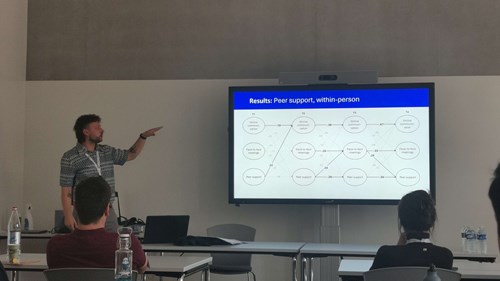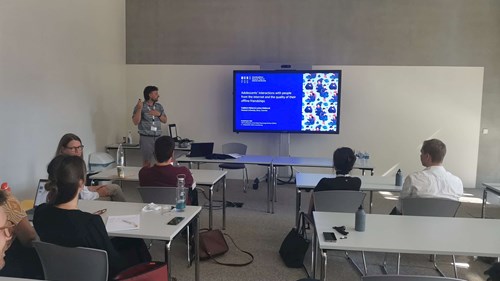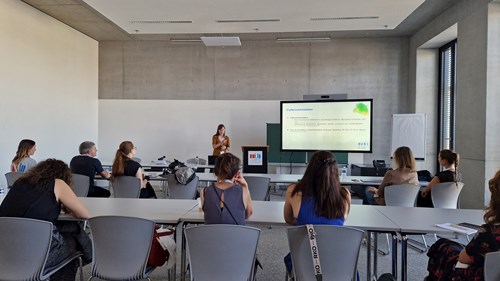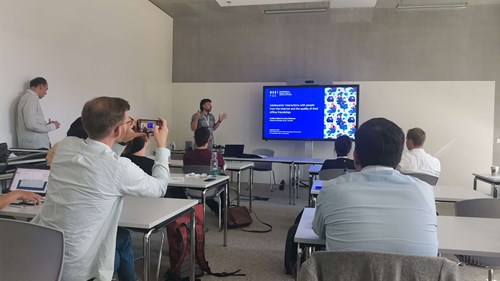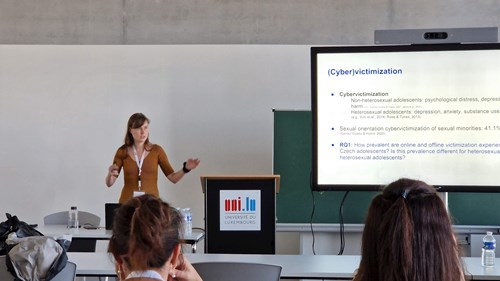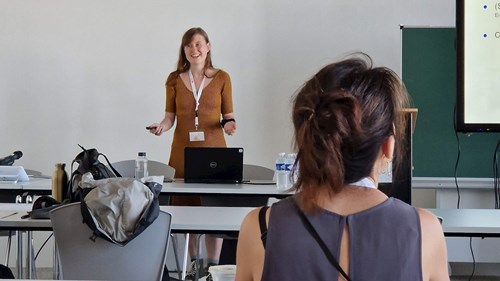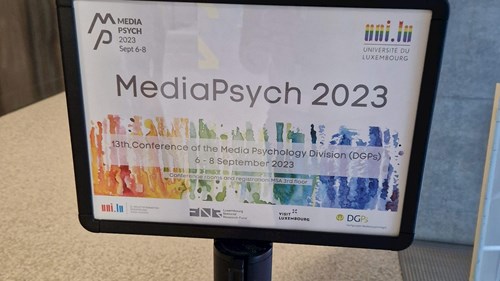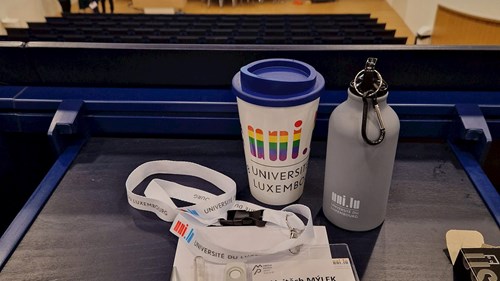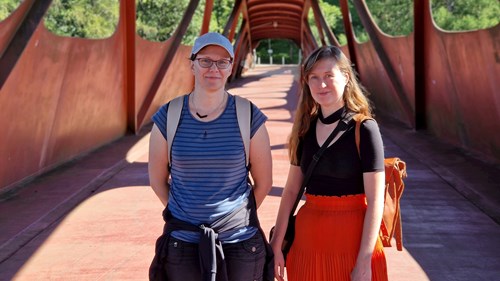(Cyber)victimization among Czech youth: Comparing experiences of non-heterosexual and heterosexual adolescents
Jaron Bedrosova, M., Mylek, V., & Dedkova, L.
Sexual minorities are among the most vulnerable populations to experience (cyber)victimization (Abreu & Kenny, 2018). Despite continuous efforts to prevent identity-based violence, cyberhate targeting queer identities is on the rise in Europe. Adolescents, whose sexual identity is still forming, are in a particularly difficult position. We will enrich the emerging research on queer adolescents by comparing their victimization experiences to their heterosexual peers.
First, we will investigate adolescents’ general online and offline victimization and their overlaps (Sumter et al., 2012). Second, as non-heterosexual identities are often stigmatized, we will focus on cyberhate victimization due to sexual orientation. Cyberhate attacks people because of their group characteristics (Kansok-Dusche et al., 2022) and increasingly appears in spaces where youth encounter it (Machackova et al., 2020). We will explore two forms of cyberhate victimization: direct (i.e., adolescent directly targeted) and vicarious (i.e., adolescent exposed as a bystander). While exposure to cyberhate may especially harm queer adolescents, who may be more vulnerable due to minority stress (Meyer, 2003), it also harms non-minority youth (Keipi et al., 2018). Thus, we will examine whether queer adolescents face more (cyber)victimization, and whether they experience more harm after being exposed to cyberhate than their heterosexual peers.
Our study uses online survey data from 3,040 Czech adolescents aged 11-16 (Mage = 13.47, SD = 1.74; 50.3% male; 80.0% heterosexual, 7.0% homo/bisexual, 13.0% unsure) collected in spring 2021. Quota sampling ensured the sample represents Czech households with children in terms of SES, geographical region, and municipality size. We will test the differences in offline and online victimization of adolescents who are heterosexual, homo/bisexual, and unsure about their romantic attraction. We will also assess the prevalence of direct and vicarious cyberhate exposure for each group and the differences in the intentionality of exposure, and the magnitude and permanence of negative feelings post-exposure.


